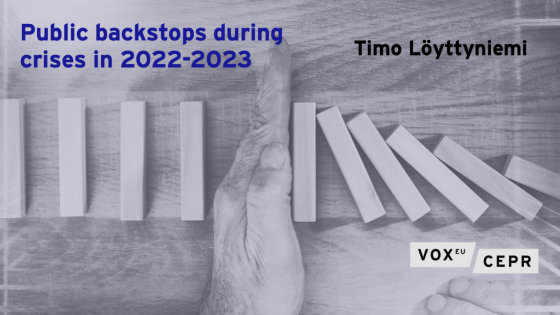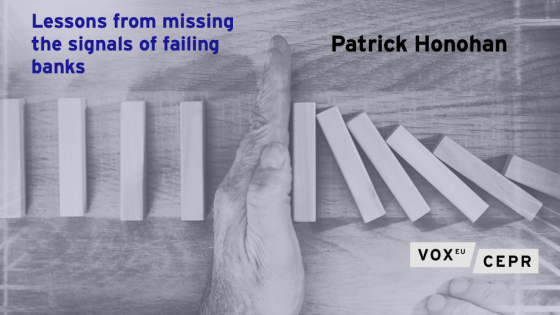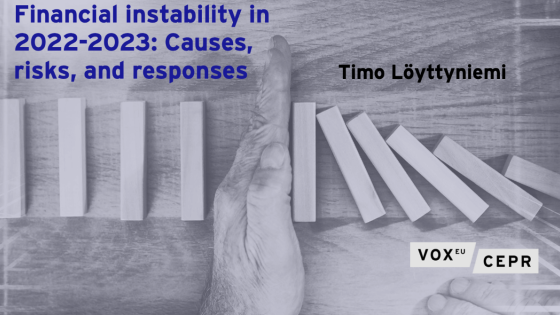Drawing the right lessons is crucial. This will require careful analysis of the causes and answers to questions such as:
-
Were the bank failures idiosyncratic to highly specialised and/or poorly managed institutions, or symptomatic of a class of problems and structural issues?
-
What were the differences between these failures and those during the global financial crisis?
-
What role did the higher speed of deposit withdrawal play? Was this mostly about solvency or liquidity?
-
What is the evaluation of the authorities' reactions? Did they do the right thing by choosing a mixture of bailout and bail-in (in the Swiss case) and putting aside other resolution options?
Regulatory, supervisory, and other consequences will need to be considered carefully, including:
-
What are the consequences for liquidity and equity regulation? Do we need to rethink intervention points if a global systemically important bank (GSIB) is deemed not viable despite fulfilling regulatory capital and liquidity requirements?
-
What are the consequences if recovery and resolution plan (RRP) options are seen as too risky in a fragile market environment?
-
Would there ever be circumstances where a GSIB could travel the path of the RRP without large financial spillovers and contagion?
-
In the European banking union, the Swiss solution would not be possible because of the strict bail-in requirement, and it would be difficult because mergers may have to be cross-border. What follows from this?
-
What should be the role of bail-inable instruments? Should they be a buffer of debt that can be bailed in a going concern? Or does additional tier 1 (AT1) de facto become ‘gone concern’ instruments?
-
What are the lessons for central banks? Should they take more explicit account of the effect of monetary policy on financial stability?
-
What are the consequences for supervisors? What instruments and powers should they have? How can timely intervention be assured?
-
Should supervisors be equipped with more circuit breakers to combat market manipulation in illiquid markets?
-
Is it time to contemplate radical, structural reforms such as narrow banking? What would be the likely unintended consequences of any reforms?
Contributions focusing on these questions and consequences can be emailed to [email protected], to be considered by the moderator, Beatrice Weder di Mauro.












